Brexit case 'of fundamental constitutional importance'
- Published
Gina Miller told Radio 4's Today programme she had a strong case in court
The need for Parliament to give its approval before the Brexit process starts is of huge "constitutional importance", the High Court has heard.
QC Lord Pannick said the case "raises an issue... concerning the limits of the power of the executive".
The High Court is considering whether ministers can invoke Article 50 of the Lisbon Treaty, the trigger for formal talks, without MPs passing a new law.
But the government said the EU would not be rejoined via "the back door".
Ministers argue they are entitled to act under ancient powers of Royal Prerogative.
Prime Minister Theresa May has said she will activate Article 50, formally notifying the EU of the UK's intention to leave, by the end of next March. This follows the UK's decision to back Brexit in June's referendum by a margin of 51.9% to 48.1%.
The EU's other 27 members have said negotiations about the terms of the UK's exit - due to last two years - cannot begin until Article 50 has been invoked.
The judicial review was heard by the Lord Chief Justice of England and Wales, Lord Thomas.
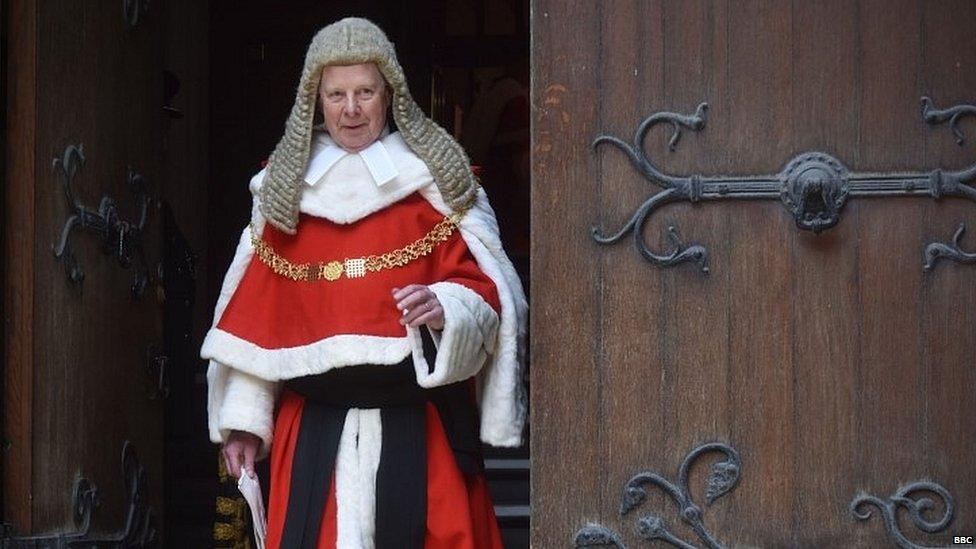
The case will be heard by the Lord Chief Justice Lord Thomas
Investment manager Gina Miller is among those contesting the government's authority to proceed without recourse to Parliament - arguing the principle of parliamentary sovereignty underpins the constitution and the rule of law in the country.
Her legal team, headed by constitutional lawyer and cross-bench peer Lord Pannick, is arguing that invoking Article 50 will threaten the rights of individuals enshrined in the 1972 European Communities Act - which paved the way for the UK to join the European Economic Community.
Only Parliament, they argue, can remove or reduce rights granted under law and Article 50 must have the consent of the House of Commons and the House of Lords.

Analysis
By Clive Coleman, BBC legal correspondent
In today's constitution the Royal Prerogative is basically a collection of executive powers held by the Crown.
They go back to medieval times but are now placed in the hands of ministers. They're used, for instance, in some areas of foreign affairs which Parliament has left to the government.
But prerogative powers remain controversial because they're exercised without any parliamentary authority.
The case has huge constitutional importance and should provide clarity on whether executive powers can, in effect, trump an act of Parliament.
Those bringing the case argue that legislation can only be altered by legislation. The government says it intends to give effect to the outcome of the referendum by bringing about the exit of the UK from the EU.
And that that is a proper constitutional and lawful step to take, using prerogative powers, in light of the referendum result and the democratic mandate it has provided.

Lord Pannick said the case was not concerned with the "political wisdom" of the country withdrawing from the EU and it was wrong to suggest that the legal challenge was "merely camouflage" for those who wanted to remain.
Ms Miller was entitled to say that "if we are to leave the EU then the steps to be taken which will deprive her of her rights under the 1972 Act, and other legislation, must be done in a lawful manner".
He said she accepted her challenge could only succeed "if we can satisfy the court that the defendant has no power to notify under royal prerogative powers".
Lord Pannick argued that she sovereignty of Parliament meant that what Parliament did "is entirely a matter for Parliament".
But Attorney General Jeremy Wright, who will speak for the government on Monday, said Mrs May could invoke Article 50 because "the country voted to leave the EU in a referendum approved by act of Parliament".
He added: "There must be no attempts to remain inside the EU, no attempts to rejoin it through the back door, and no second referendum."
In July, High Court judges ruled that Ms Miller's should be the lead case in the action.
Other applicants include London hairdresser Deir Dos Santos, the People's Challenge group set up by Grahame Pigney and the campaign group Fair Deal for Expats.
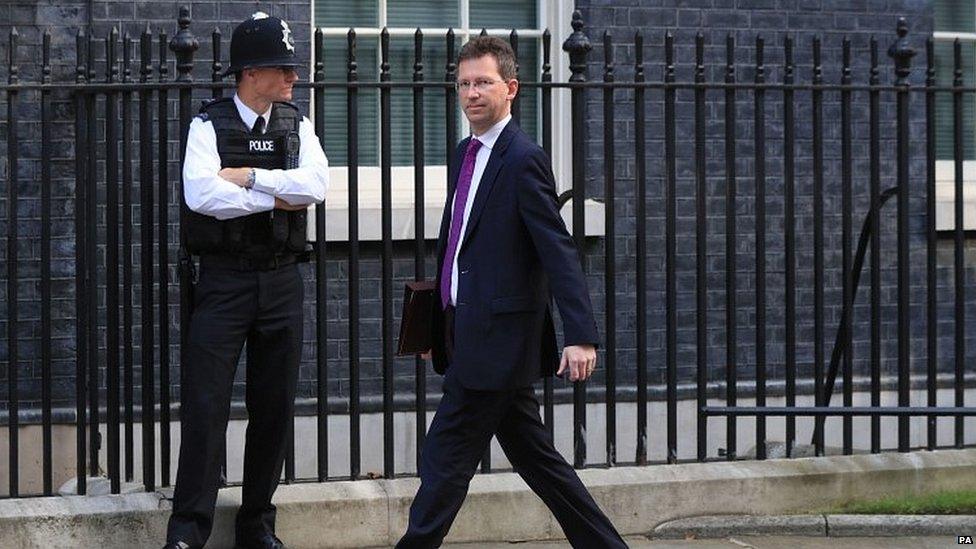
The attorney general will lead the government's legal team
According to documents published this summer, ministers believe the use of prerogative powers once held by the Sovereign but now residing in the executive to enact the referendum result is "constitutionally proper and consistent with domestic law".
For the courts to require Parliament to pass legislation to implement the outcome of the referendum would be an "impermissible" intrusion on its proceedings.
The hearing comes amid growing calls from MPs on all sides of the House for the UK's blueprint for its Brexit negotiations to be subject to greater parliamentary scrutiny.
While the government has not ruled out giving MPs a vote on the final settlement reached with the EU, it has said on several occasions that it will not hold a vote on the timing of Article 50 or its strategy ahead of negotiations.
The losing side in the case is likely to launch an appeal. It has already been announced that any appeal will be fast-tracked to the Supreme Court to ensure a final judgement before the end of the year.
- Published13 October 2016
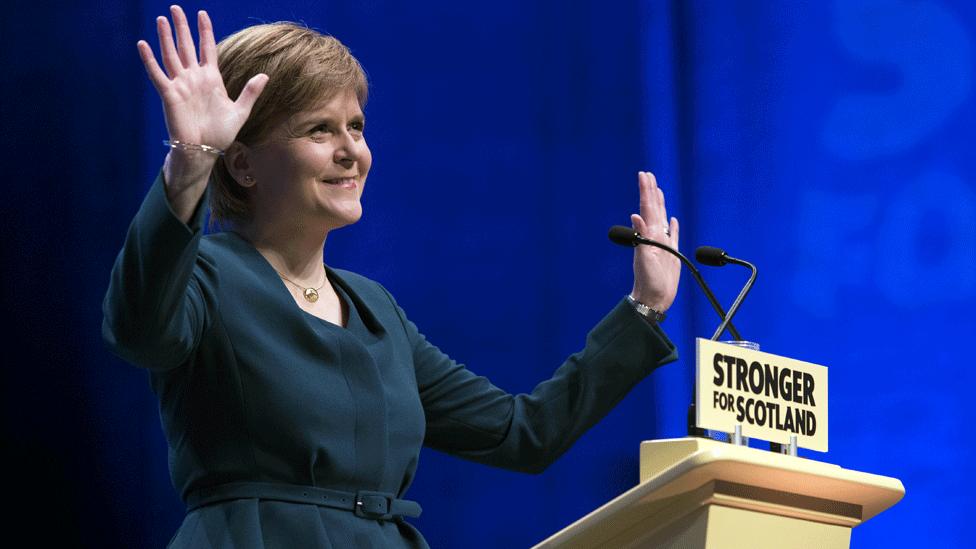
- Published12 October 2016
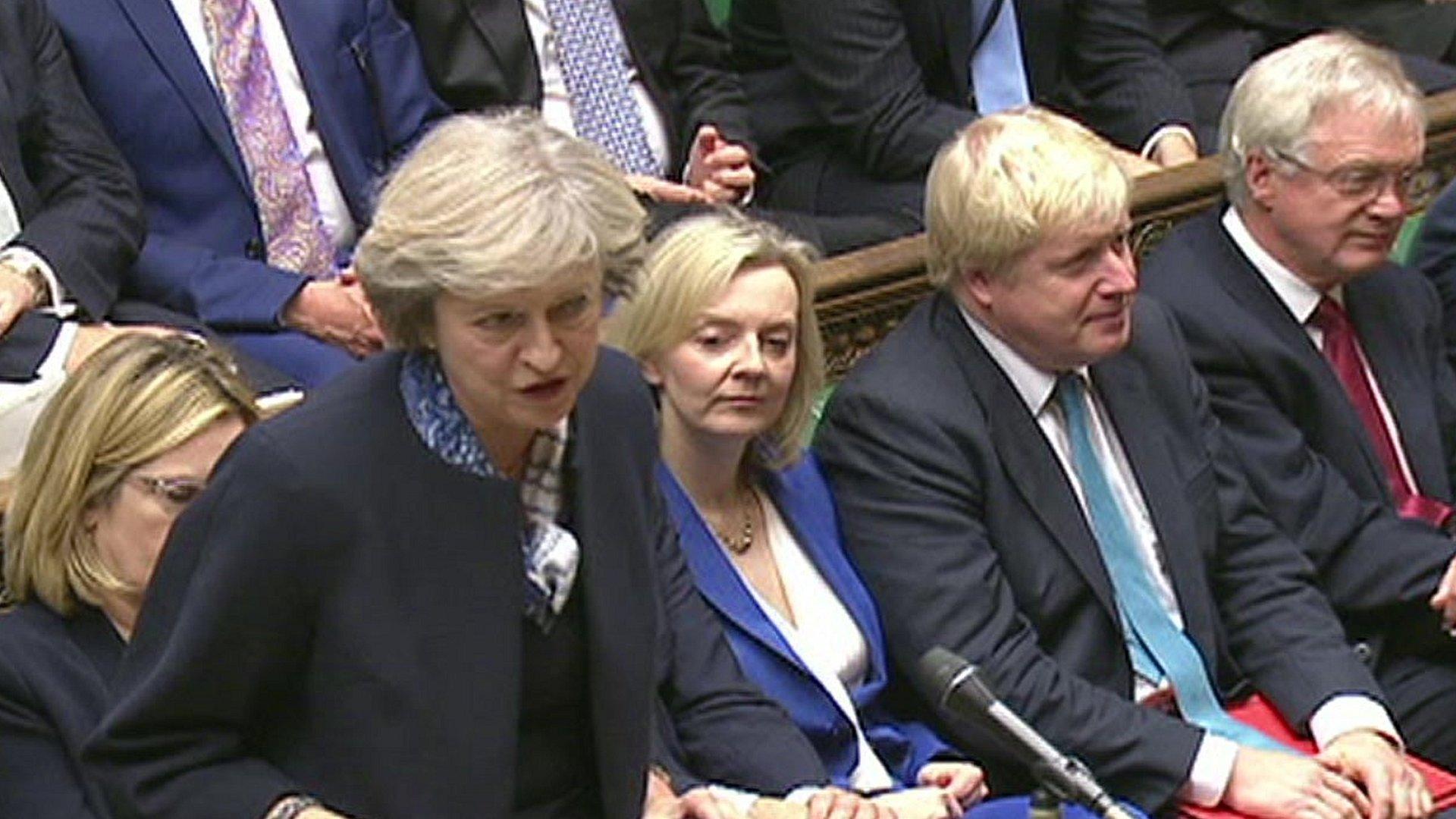
- Published12 October 2016
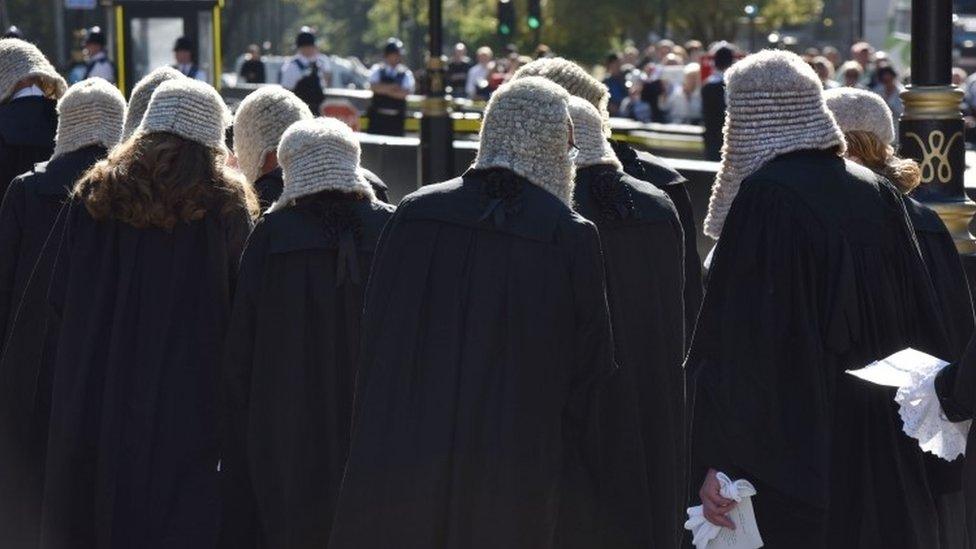
- Published12 October 2016